Why is French the International Language of Diplomacy? Unveiling Its Global Significance
Historical Foundations of Diplomatic French
French’s prominence in international diplomacy can be traced back to historical foundations. In the 17th century, French emerged as the lingua franca of European diplomacy due to France’s influential political and cultural standing. This choice allowed diplomats from different nations to communicate effectively, facilitating negotiations and treaties.
Linguistic Precision and Elegance
One key reason for French’s dominance in diplomacy is its linguistic attributes. French’s grammatical structure and vocabulary offer precision and nuance, enabling diplomats to convey complex ideas with clarity. Its reputation for elegance and eloquence enhances its effectiveness in formal negotiations, contributing to successful communication.
The Influence of International Organizations
The continued prominence of French in international diplomacy is reinforced by its adoption within major international organizations. Entities like the United Nations and the International Red Cross use French as an official language. This recognition ensures that diplomatic exchanges conducted in French reach a global audience and maintain their significance.
A Neutral and Balanced Choice
French’s neutrality and impartiality make it an ideal choice for diplomatic communication. It serves as a neutral medium, allowing representatives from diverse linguistic backgrounds to engage in discussions without linguistic biases. This balanced approach fosters mutual understanding and collaborative solutions.
Diplomatic French as a Symbol of Cultural Diplomacy
French’s international diplomatic role extends beyond language. It embodies France’s rich cultural heritage and legacy of diplomacy. France’s historical contributions to international law, human rights, and global cooperation solidify the country’s reputation as a hub of cultural diplomacy.
Conclusion: A Language Bridging Nations
French’s status as the international language of diplomacy is the result of a multifaceted interplay of history, linguistic attributes, and cultural diplomacy. It remains a bridge that facilitates global collaboration, negotiations, and understanding. As international relations continue to evolve, the enduring significance of French in diplomacy underscores its pivotal role in shaping a harmonious world.





